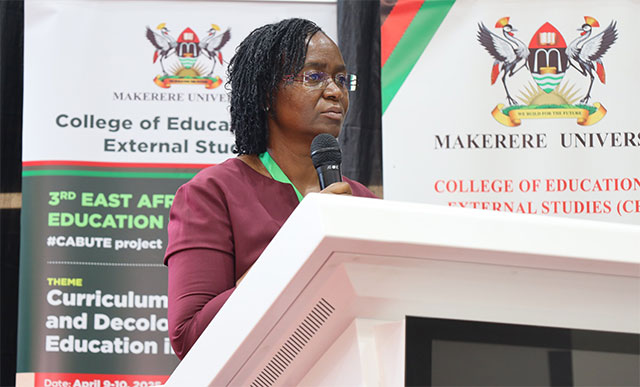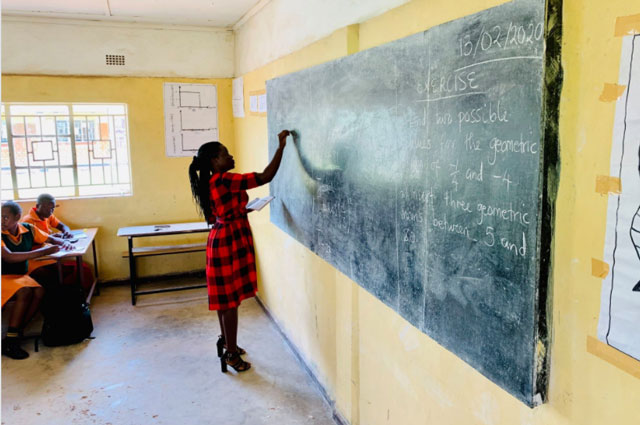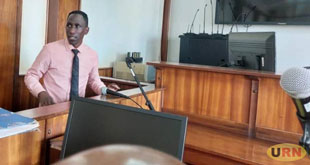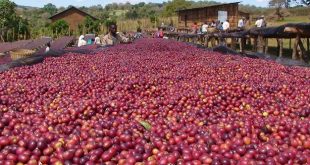
The push for integrating indigenous knowledge into Uganda’s curriculum comes at a time when there is growing recognition that traditional Western education, while valuable, may not fully meet the needs of Ugandan learners. By including indigenous knowledge, experts believe that the curriculum can become more practical, equipping students not only with theoretical knowledge but also with the practical skills and wisdom needed to thrive within their cultural and social environments.
Kampala, Uganda | THE INDEPENDENT | Education experts are calling for the integration of indigenous knowledge into the country’s education system to make learning more relevant, practical, and culturally aligned with local communities.
This proposal comes amid growing concerns that much of the rich, locally rooted knowledge passed down through generations remains untapped and is at risk of being lost.
Professor Proscivia Namubiru, Acting Deputy Vice Chancellor for Academics at the Uganda National Institute of Teacher Education (UNITE), is one of the leading voices calling for the shift.
Namubiru says that this valued knowledge has the potential to significantly enrich the educational system and address challenges within local contexts. “Such knowledge, which has been a cornerstone of local practices, holds immense potential for enriching the education system and addressing local challenges,” she noted.
Namubiru made the remarks at the opening of the Third East Africa Teacher Education Symposium, hosted at Makerere University’s College of Education and External Studies- CEES.
She pointed out that much of Africa’s indigenous knowledge was suppressed during the colonial period. She noted that pre-colonial African knowledge in various fields—ranging from agriculture to social organization—was often deemed “satanic” or primitive by missionaries and colonial authorities. This view led to the promotion of Western educational models, which largely ignored or erased indigenous practices.
“For Uganda to truly transform its education system and make it more impactful, we must embrace the rich resources of indigenous knowledge that have shaped our communities for centuries,” Namubiru added.
She explained that many valuable local practices, including those passed down through oral traditions and communal learning, remain excluded from formal education, yet they hold immense potential to address modern-day issues.

The push for integrating indigenous knowledge into Uganda’s curriculum comes at a time when there is growing recognition that traditional Western education, while valuable, may not fully meet the needs of Ugandan learners. By including indigenous knowledge, experts believe that the curriculum can become more practical, equipping students not only with theoretical knowledge but also with the practical skills and wisdom needed to thrive within their cultural and social environments.
Namubiru highlighted the importance of researching and documenting indigenous practices, particularly those related to games, rituals, and craftsmanship, which have been largely neglected in formal education. She pointed to the example of “Okwepena,” a traditional game in Uganda, which, though often considered just a children’s pastime, offers a wealth of learning opportunities.
According to Namubiru, such games foster critical skills like communication, numeracy, problem-solving, conflict resolution, and teamwork—skills that are essential in both personal and professional life.
Bwanika pointed out that it would not be feasible to entirely discard foreign influences, as some may advocate. Instead, he called for a systematic and balanced approach to incorporating indigenous knowledge. For this effort to succeed, he believes it will require strong support from both the public and political spheres to ensure its successful implementation.
Matthias Mulumba Bwanika, the Dean of the School of Education at Makerere University, also supported the shift towards what is termed the decolonization of education. He added that integrating indigenous knowledge across the curriculum is the right approach for Uganda’s education system. Bwanika argued that this change would allow students to learn in ways that are more relevant to their cultural contexts and equip them to address local challenges more effectively.
However, Bwanika also pointed out that it would not be feasible to entirely discard foreign influences, as some may advocate. Instead, he called for a systematic and balanced approach to incorporating indigenous knowledge. For this effort to succeed, he believes it will require strong support from both the public and political spheres to ensure its successful implementation.
The term “decolonization of education” is not a new concept; it has been a focus across many African countries since the post-colonial period, with numerous reforms aimed at addressing this issue. One of the key aspects of these reforms has been the incorporation of more local languages into school curricula, as colonial systems had sidelined native languages in favor of foreign ones.
Decolonization of education is also a central theme within the African Union’s Agenda 2063, which envisions a united and self-reliant Africa. This agenda emphasizes the need for an education system that reflects African values, knowledge systems, and cultural identities, further supporting the ongoing push for integrating indigenous knowledge into formal education.
George Wilson Ssabavuma, a curriculum expert at the National Curriculum Development Centre (NCDC), NCDC, said that progress has been made in decolonizing the education system. He highlighted the development of Uganda’s new lower secondary curriculum, which sought to remove Western-centric content that had long dominated the school system.
In the revised curriculum, 64% of the content is local, 30% is African, and just 6% remains Western. As a result, topics on Europe and North America were significantly reduced in subjects like history and geography.
Prof. Proscovia Namubiru @UMIUganda, the keynote speaker called for a transformative approach to decolonizing education that will build an inclusive, empowering system that reflects East Africa’s rich & diverse cultural heritage. #EATES2025 #CABUTE pic.twitter.com/f3dmGruKDx
— Makerere University CEES (@MaKCEES) April 9, 2025
However, Ssabavuma also pointed out that while the reduction of Western content was a step forward, fully integrating indigenous knowledge into the curriculum remains a work in progress.
But Prof Anthony Mugagga, the principal College of Education and External Studies-CEES, challenged those who are fronting the decolonisation of education. He noted that the influence of Western countries is still very much present, particularly since Uganda continues to rely on foreign funding for many educational initiatives.
His remarks were hitting hard, particularly to those in the room, considering that the Third East Africa Teacher Education Symposium, which served as a platform for these discussions, was supported by a Norwegian government project, underscoring the continued influence of Western donors.
Mugagga pointed to the “elephant in the room,” highlighting that much of Uganda’s curriculum development and educational reforms and policies are still heavily influenced by Western countries.
His remarks were particularly pertinent in the context of the recently concluded review of Uganda’s education system by the Amanya Mushega-led Education Policy Review Commission. Many critics have pointed out that the review process shows clear signs of Western influence, particularly through the involvement of foreign countries that provided both experts and funding, playing a significant role in shaping the policy.
From a similar perspective, Professor Namubiru, who has experience at the National Curriculum Development Centre (NCDC), shared insights from her time there, revealing that many “people with briefcases” would visit the center to “engage” with staff at what she referred to as the “cooking pot” of Uganda’s education system, where the core curriculum content is developed and approved.
****
URN
 The Independent Uganda: You get the Truth we Pay the Price
The Independent Uganda: You get the Truth we Pay the Price




This is a brilliant idea but how do you go about attaining its goal? The logistics behind this idea of “indeginousing” education are gigantic. Education is no longer endemic in Uganda: children of all cultures are scattered around the country. Are you going to teach Langi culture to Baganda students in Lira? Or Busoga culture to Iteso students studying in Jinja? What about the teachers? Homogenous culture studies might also bring up problems. How are you going to reconcile ALL the cultures in Uganda to be able to achieve this idea? Which culture are you going to prioriterize? One should be able to come up with passable and admissible strategies for such an idea to work well for every student. Just concetrating on one or two regional cultures may not be fair to the rest of the country. Education should be equal and fair!